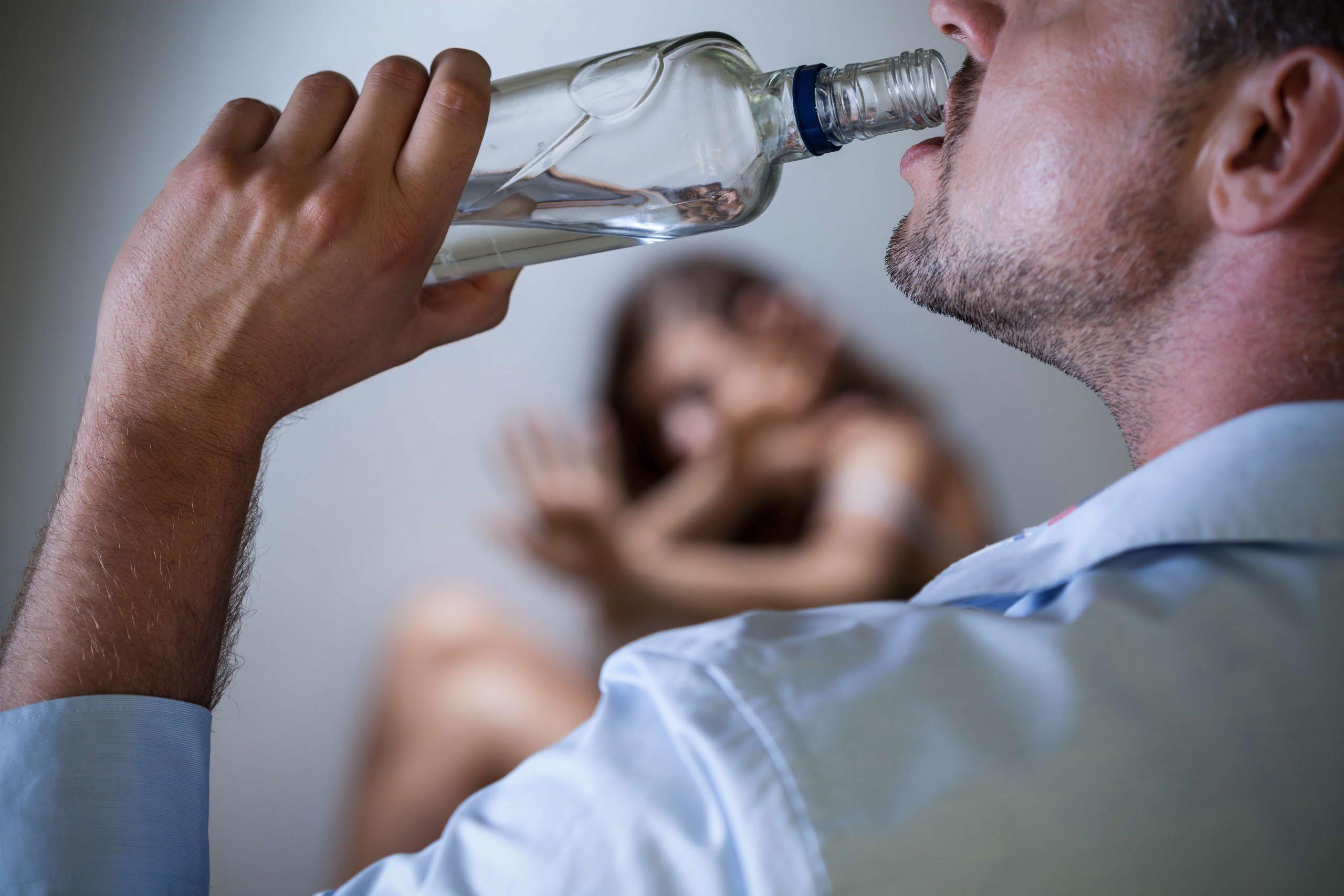Your intervention professional can help you determine appropriate members of your team. When alcoholism affects a spouse or partner, it’s possible to become too wrapped up in their well-being. You may get to the point where you feel compelled to help your person get well. However, family members and friends often have deep emotional ties that prevent them from having the objective viewpoint necessary for treatment. Treating alcoholism isn’t easy, and it doesn’t always work the first time around. Often a person has been contemplating abstinence for some time, yet couldn’t get sober on their own.
But recovery is never out of reach, no matter how hopeless your situation seems or how many times you’ve tried and failed before. With the right treatment and support, change is always possible. Many people find themselves in a codependent relationship. Yet, to an outsider, it may appear confusing as to why someone would stay in a relationship with a person who struggles with addiction. However, codependency is nuanced, and every couple needs to address their struggles with codependency and substance use disorders in their own way.
Find support for your addiction recovery
Other programs, such as SMART Recovery, also provide tools for recovery and social support. Detox may be necessary for people withdrawing from alcohol, benzodiazepines, and barbiturates, as the withdrawal symptoms can sometimes be fatal without medical supervision. Medical professionals monitor patients to ensure a safe https://ecosoberhouse.com/ and comfortable withdrawal. This form of short-term treatment is for people who are physically dependent on drugs or alcohol. Research suggests that genes contribute to the risk of developing both a substance use disorder and a mental illness. Environmental factors, such as stress or trauma, can cause genetic changes.
When you drink, sip slowly and take a break of 30 minutes or one hour between drinks. Drinking on an empty stomach is never a good idea, so make sure you eat food when you drink. Make a table like the one below, weighing the costs and benefits of drinking to the costs and benefits of quitting. Get cost-effective, quality addiction care that truly works. Explore Mayo Clinic studies testing new treatments, interventions and tests as a means to prevent, detect, treat or manage this condition.
Not Every Intervention Is a Fight
However, you might not be ready for the emotionally taxing part of your conversation. This is where making a plan and writing down your ideas can be helpful. Take our free, 5-minute “Has My Alcohol Use Become a Problem?
- Witnessing your loved one’s drinking and the deterioration of your relationship can trigger many distressing emotions, including shame, fear, anger, and self-blame.
- Long-term follow-up can help to prevent relapse and maintain sobriety.
- Have the conversation in a place where you know you’ll have quiet and privacy.
- When entering treatment, it’s possible for a person to experience withdrawal.
- When under the influence, your loved one may become angry and lash out.
As much as you may want to, and as hard as it is to watch, you cannot make someone stop drinking. What you can do, though, is offer them steps they can take to address their problem—whether struggling with alcohol addiction that’s calling a helpline, talking to a doctor or counsellor, entering treatment, or going to a group meeting. The best way to prevent an addiction to a drug is not to take the drug at all.
Intervention: Help a loved one overcome addiction
Some commonly inhaled substances include glue, paint thinners, correction fluid, felt tip marker fluid, gasoline, cleaning fluids and household aerosol products. Due to the toxic nature of these substances, users may develop brain damage or sudden death. Use of hallucinogens can produce different signs and symptoms, depending on the drug. The most common hallucinogens are lysergic acid diethylamide (LSD) and phencyclidine (PCP).

Medications also can help deter drinking during times when individuals may be at greater risk of a return to drinking (e.g., divorce, death of a family member). Behavioral treatments—also known as alcohol counseling, or talk therapy, and provided by licensed therapists—are aimed at changing drinking behavior. The emotional impact of helping a loved one stay sober can take a toll. Seek help from a therapist or a counselor if you feel stressed or depressed.